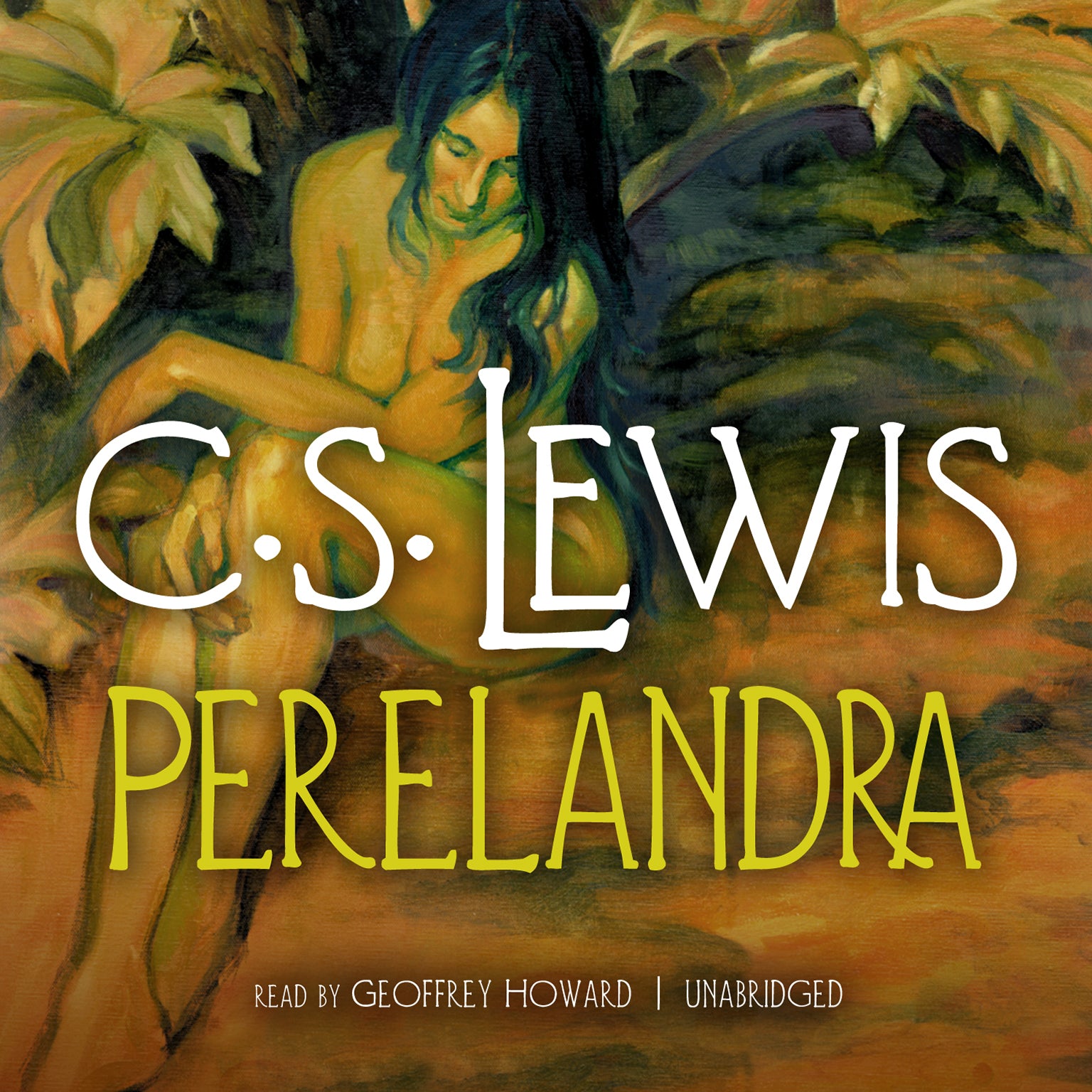
The Ransom Trilogy - Book 2
Perelandra
“Mr. Lewis has a genius for making his fantasies livable.”
New York Times
C. S. Lewis’s Space Trilogy, of which Perelandra is the second volume, stands alongside such works as Albert Camus’s The Plague and George Orwell’s 1984 as a timely parable that has become timeless, beloved by succeeding generations as much for the sheer wonder of its storytelling as for the significance of the moral concerns.
Readers who fall in love with Lewis’s fantasy series The Chronicles of Namia as children unfailingly cherish his Space Trilogy as adults; it, too, brings to life strange and magical realms in which epic battles are fought between the forces of light and those of darkness. But in the many layers of its allegory, and the sophistication and piercing brilliance of its insights into the human condition, it occupies a place among the English language’s most extraordinary works for any age, and for all time.
Perelandra is a planet of pleasure, an unearthly, misty world of strange desires, sweet smells, and delicious tastes, where beasts are friendly and naked beauty is unashamed, a new Garden of Eden, where the story of the oldest temptation is enacted in an intriguingly new way. Here, in the second part of C. S. Lewis’s acclaimed Ransom Trilogy, Dr. Ransom’s adventures continue against the backdrop of a religious allegory that, while it may seem quaint in its treatment of women today, nonetheless shows the capability of science to be an evil force tempting a ruler away from the path that has produced a paradisiacal kingdom. Will Perelandra succumb to this malevolent being, who strives to create a new world order, or will it throw off the yoke of corruption and achieve a spiritual perfection as yet unknown to man?
“Mr. Lewis has a genius for making his fantasies livable.”
New York Times
“A powerful, discriminating and poetic mind, great learning, startling wit, an overwhelming imagination.”
Saturday Review
“Writing of the highest order. Perelandra is, from all standpoints, far superior to other tales of interplanetary adventures.”
Commonweal
“[Ralph Cosham’s] skilled narration keeps the listener riveted. His scholarly handling of the text minimizes characterization, while easily distinguishing the players. [Cosham’s] respect for the subject matter equals Lewis’ own and entices the listener to address serious questions of temptation and morality.”
AudioFile
“[Ralph Cosham] provides a lively narration about the pleasure planet.”
Reviewer’s Bookwatch

Geoffrey Howard (a.k.a. Ralph Cosham) (1936–2014) was a British journalist who changed careers to become a narrator and screen and stage actor. He performed in more than one hundred professional theatrical roles. His audiobook narrations were named “Audio Best of the Year” by Publishers Weekly, and he won seven AudioFile Earphones Awards, and in 2013 he won the coveted Audie Award for Best Mystery Narration for his reading of Louise Penny’s The Beautiful Mystery.